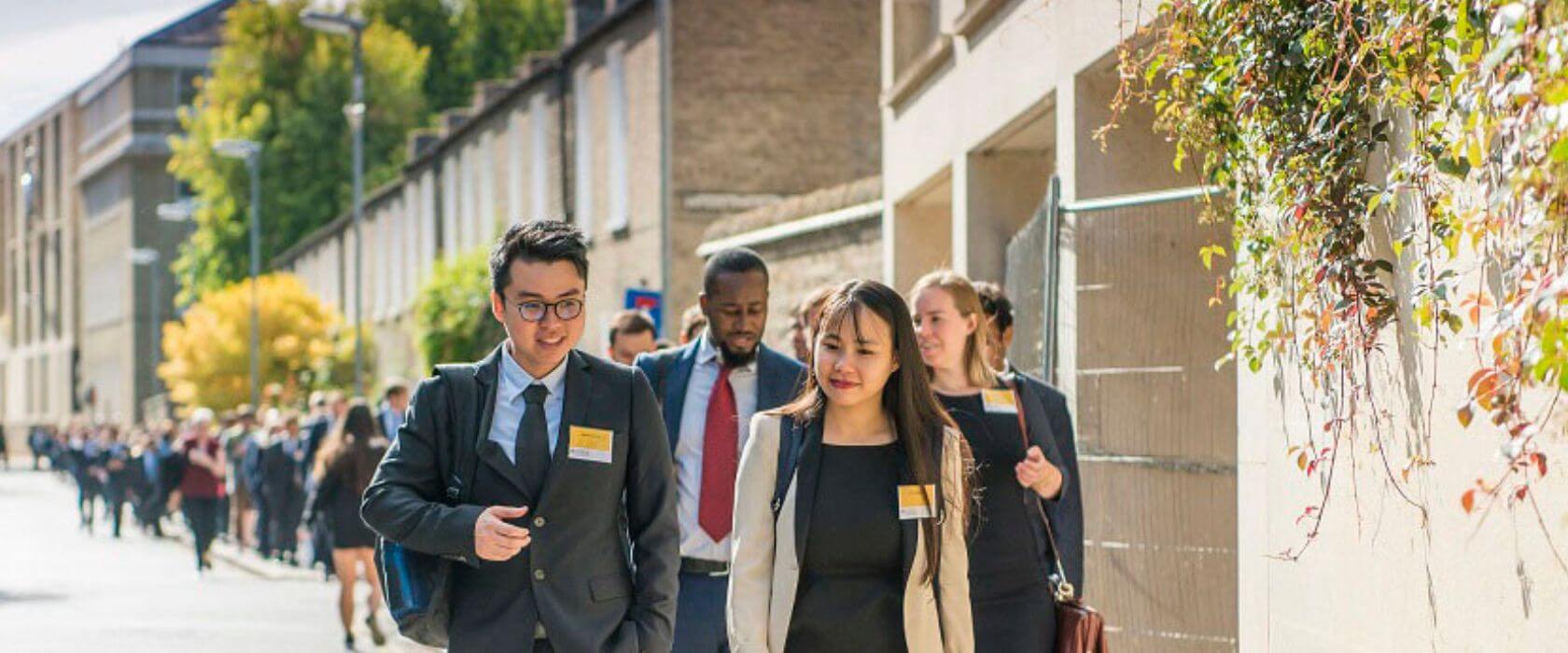6 top tips for applying to the Cambridge MBA
Thinking about applying to the Cambridge MBA? We spoke to the Head of MBA Admissions & Recruitment, Emily Brierley, who offered a series of insightful tips on the process. She covered the first steps of applying – including the interview stage – before discussing the collegiate system, financial aid, and more.







